The Science of Reading
The Science of Reading is a movement within educational circles to apply a more rigorous scientific method to understanding how people learn to read, so that teachers can be better informed about how to teach learners how to read. One definition explains the Science of Reading movement as “a corpus of objective investigation and accumulation of reliable evidence about how humans learn to read and how reading should be taught” (The International Literacy Association). This involves studying how reading operates, develops, is taught, shapes academic and cognitive growth, affects motivation and emotion, interacts with context, and impacts context in turn. It also includes genetic, biological, environmental, contextual, social, political, historical, and cultural factors that influence the acquisition and use of reading.
Within this movement there is debate regarding best practices and new areas of research inquiry, with one current debate centering on what constitutes scientific evidence, how much value should be placed on scientific evidence as opposed to other forms of knowledge, and how preservice teachers should be instructed to teach reading. This involves discussion around conflicting views in epistemology between constructivists and positivists on the basic mechanisms associated with reading development.
Constructivists insist that learners construct knowledge rather than just passively take in information, and a multitude of realties are constructed through lived experiences and interactions with others. This view sees reading as a natural act akin to learning a language, and emphasizes giving students enough opportunity to discover meaning through experiences in literacy-rich environment. It also encourages students to engage in a psycholinguistic guessing game in which readers use graphic, semantic, and syntactic knowledge to guess the meanings of printed words.
Contrasting this view is the post positivist view, a form of scientific study of the social world where the goal is to formulate abstract and universal laws of social universe and test these laws against collected data systematically to form an approximated understanding of reality. This view makes strong distinctions between innate language learning and effortful learning required to acquire reading skills, and argues for explicit instruction to help foster an understanding of how the written code is mapped onto language.
The Science of Reading provides compelling evidence for the teaching of reading that can be used to inform teachers of best practices, including but not limited to the following facts:
· Orthographic depth impacts speed at which a language is learned to be read
· Decoding skills and linguistic comprehension make independent contributions to the prediction of reading comprehension across diverse populations of readers
· Decoding and linguistic comprehension account for almost all variance in reading comprehension
· Importance of decoding skill in explaining variance in reading comprehension decreases across grades, importance of linguistic comprehension increases
· By the time students are in high school, linguistic comprehension and reading comprehension essentially form single dimension
· Knowledge of alphabetic principle (i.e., how letters and sounds connect) and knowledge of morphophonemic nature of English necessary to create high-quality lexical representations essential to accurate and efficient decoding
· Prior to formal reading instruction, young students develop phonological awareness and alphabet knowledge, other early literacy skills related to later decoding skills following formal reading instruction
· Longitudinal studies indicate that linguistic comprehension skills from early childhood predict reading comprehension at end of elementary school
· Prior to formal reading instruction, young students develop phonological awareness and alphabet knowledge, other early literacy skills related to later decoding skills following formal reading instruction
· Longitudinal studies indicate that linguistic comprehension skills from early childhood predict reading comprehension at end of elementary school
Such a body of compelling evidence allows teachers to make informed decisions regarding effective practices. To discover more on the Science of Reading find the following reference. There is a wide fo variety of issues that the science of reading explores that will prove useful for both researchers and teachers alike.
Petscher, Y., Cabell, S.Q., Catts, H.W., Compton, D.L., Foorman, B.R., Hart, S.A., Lonigan, C.J., Phillips, B.M., Schatschneider, C., Steacy, L.M., Terry, N.P., & Wagner, R.K. (2020). How the Science of Reading Informs 21st-Century Education. Reading Research Quarterly, 55(S1), S267– S282. https://doi.org/10.1002/rrq.352
